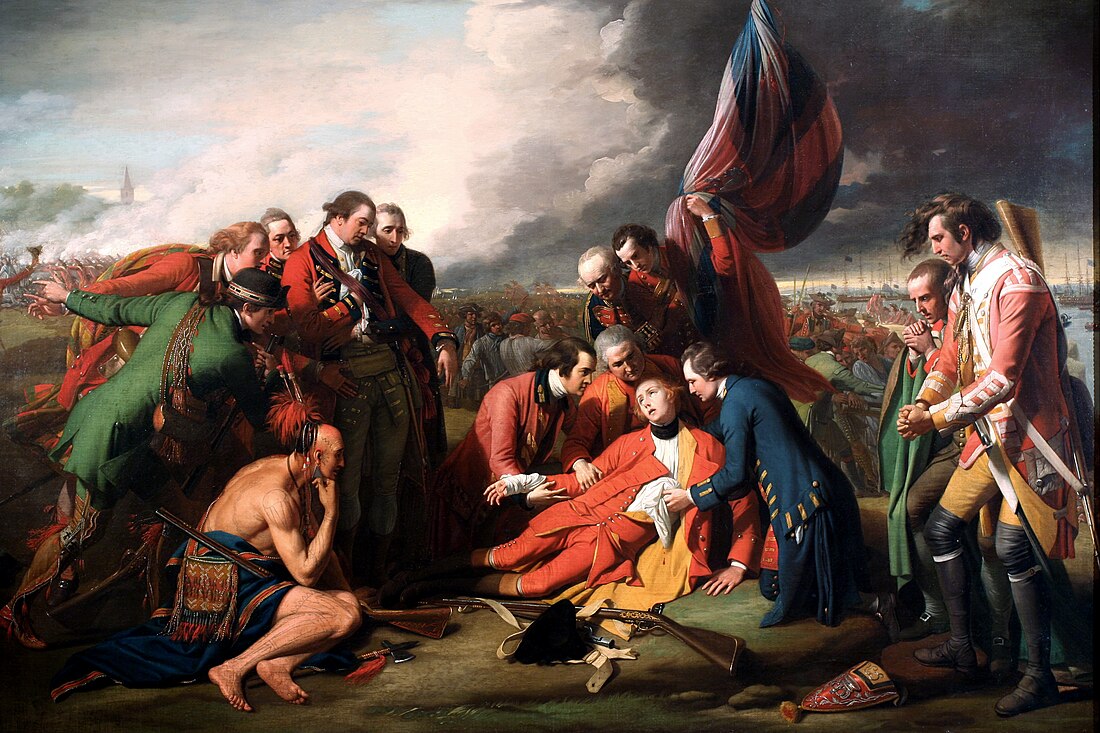Top Qs
Timeline
Chat
Perspective
1731 in Canada
From Wikipedia, the free encyclopedia
Remove ads
Events from the year 1731 in Canada.
This article needs additional citations for verification. (September 2023) |
Incumbents
Governors
Events
- 1731: Fort St. Pierre on Rainy Lake established by Christopher Dufrost de La Jemeraye and Jean Baptiste de La Vérendrye. This was the first fort in La Verendrye's expansion of the "Posts of the West".
- 1731-43: The La Verendrye family organize expeditions beyond Lake Winnipeg and direct fur trade toward the east.
Births
- Richard Dobie, an early Canadian businessman and a sometimes partner of Benjamin Frobisher (died 1805).
- November 7: Robert Rogers, army officer and author (died 1795).[3]
Deaths
- Robert Chevalier Beauchêne, adventurer in New France.[4]
References
Wikiwand - on
Seamless Wikipedia browsing. On steroids.
Remove ads


